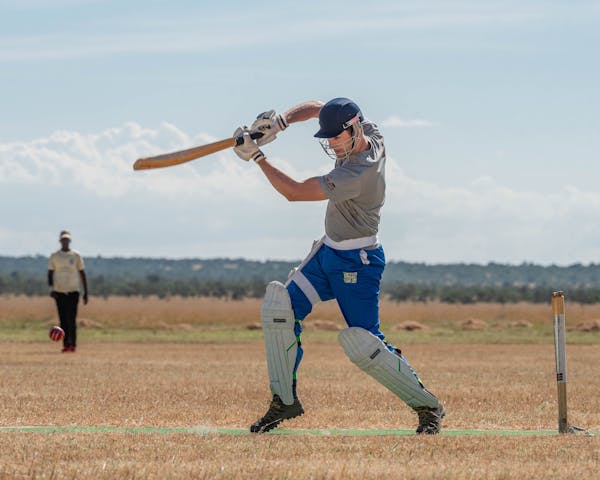Unique Bachelorette Party Activities You Haven’t Tried Yet
From fun slumber parties to movie nights, these bach party ideas are sure to please. Plus, they’re perfect for the bride-to-be who wants a chill night with her besties. Click here for more information.
For the foodie bride, plan a bachelorette party food crawl. Visit her favorite restaurants and sample a few new ones for a girls’ trip she’ll never forget!
1. Staycation
If the bride’s friends live out of town, it can be difficult to coordinate a party during wedding week. So, for a more low key option, plan a staycation!
Set up a hotel pillow party (complete with face masks, of course) and hit the town for cocktail hour at a fun boutique hotel. You could even stay in for dinner and watch a movie.
2. Brunch
A brunch is a combination of breakfast and lunch, so the menu usually includes foods you’d find at both meals. You could keep it simple and serve a classic diner-like spread, or push the envelope and make a brunch burger or eggs Florentine!
Be sure to have plenty of non-alcoholic drinks on hand, too. You don’t want to leave any sober friends out of the fun!
3. Theme Bar
If the bride-to-be wants to hang out at a bar, consider getting creative with the theme. There are lots of fun options, from literary-themed bars to tiki and speakeasy bars.

For the squad that loves to shake their groove thing, a dance class is perfect for your bach crew! You can hit up pole classes or take a bunch of different dance lessons.
4. Theme Scavenger Hunt
If the bride-to-be wants a low key night with her besties, she’ll love a cute slumber party complete with manis and pedis, a rom-com marathon, and classic sleepover games.
Alternatively, go all-out and give your crew a taste of the Amalficore aesthetic with light, airy table linens, lemon or olive branch motifs, rattan accessories and aperitifs.
For the dog lovers in the group, a puppy party will have everyone jumping for joy.
5. Roller Skating
For the bride-to-be who wants to hang with her squad while embracing her inner child, this bach party idea is sure to hit the spot. Glide around the rink while jamming to disco tunes for a lively and energetic celebration.
Younger generations are drawn to competitive socialising activities, so leisure brands are maximising this trend by launching fun roller skating experiences for their customers.
6. Dance Classes
If the bride loves to hit up the local drag scene, book her a private performance by some of her fave queens. It’s sure to be a night the girls will never forget!
Sometimes all the bride-to-be really wants is a relaxing night at home with her besties. Throw a cute slumber party, complete with manis and pedis, a rom-com marathon, and allll the snacks she loves.
7. S’mores Station
A s’mores station can be fun for any bachelorette party. Whether you’re holding an outdoor backyard bonfire or a cozy indoor campfire in your living room, make sure you provide a variety of marshmallow flavors and chocolate bar options.
Keep your s’mores toppings in cute bins, pails, and trays to give guests the chance to customize their s’mores to their own personal taste. Add a fun twist by offering flavored marshmallows and graham crackers.
8. Hotel Pillow Party
Sometimes all the bridesmaids want is a low key night. In that case, throw a bach party slumber party in a hotel! It’s a great way to take the fun back with nostalgic activities like manis and pedis, rom-coms, and allll your fave sleepover snacks.
Get a date set as early as possible to ensure that everyone can make it! This helps prevent last-minute booking fees and travel costs.
9. Theme Bar Crawl
Bar crawls can be a great way to increase foot traffic and boost sales, but they require meticulous planning and execution. By choosing engaging themes, promoting the event carefully, and prioritizing participant safety, you can create a memorable experience for your guests.
Ask participants to wear white t-shirts and carry marker pens with them as they visit each venue. As the night progresses, messages on their shirts will get wilder and more witty.
10. Brunch at a Boutique Hotel
Sometimes a girl just needs some rest and relaxation. Throw a cute slumber party with mani/pedis, a rom-com marathon, and allll the snacks.
If the bride lives in a major city, plan a local drag show for a swanky twist on a wild night. And don’t forget the bottomless brunch! It’s a great way to end the weekend on a classy note.













